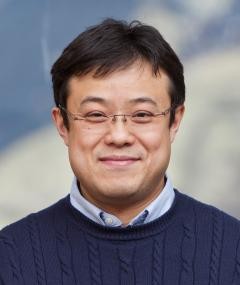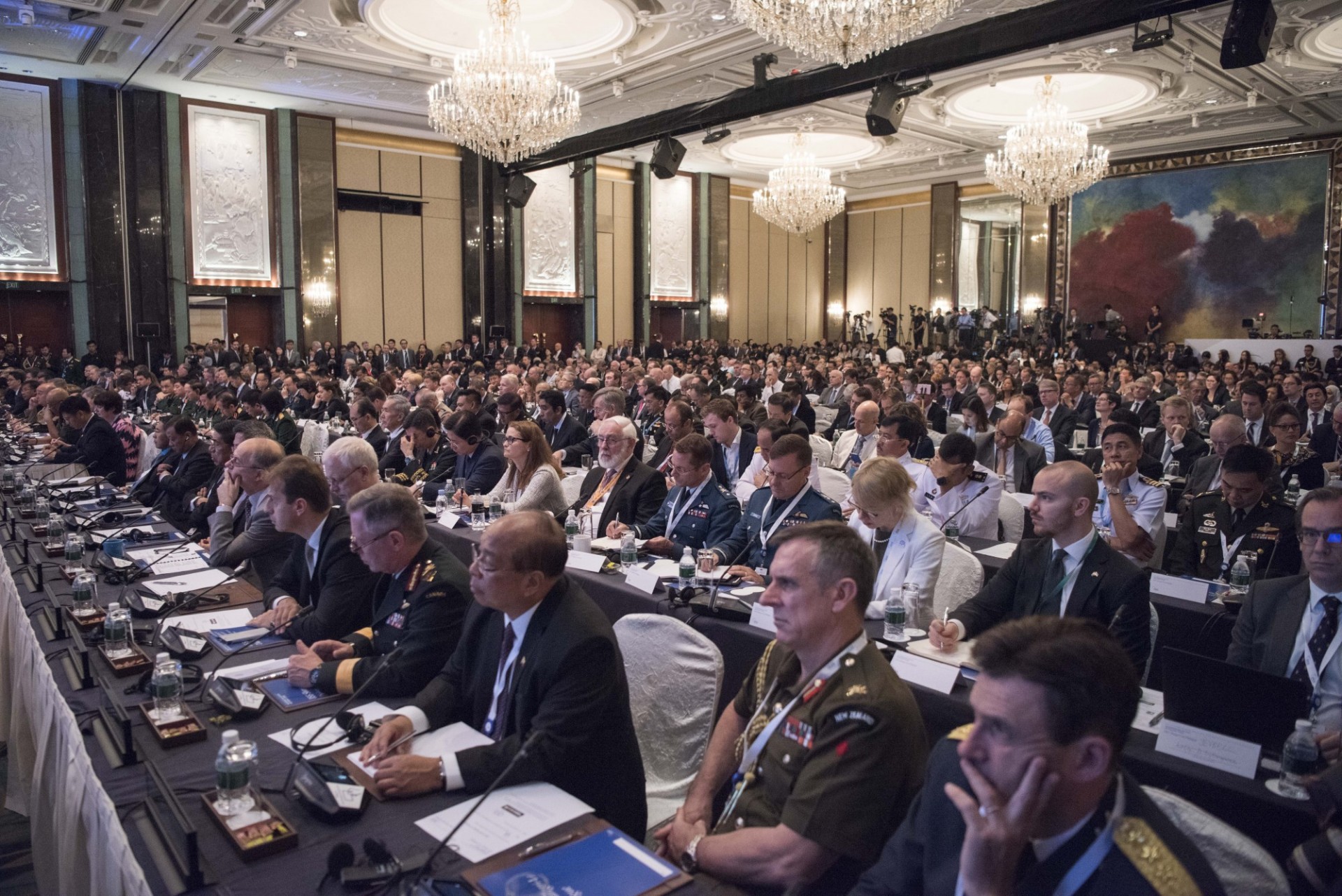"Appraising This Year’s Shangri-La Dialogue: Achievements, Disappointments, and Concerns" by CWP alum Kai He
The 20th Shangri-La Dialogue (SLD) convened once again at the Shangri-La Hotel in Singapore between 2 and 4 June 2023. This annual summit serves as a premier gathering for Asia’s top defence officials, providing a platform for discussions on regional security matters. Organised by the Institute of International Strategic Studies (IISS), a globally recognised think tank specialising in international security, the SLD garnered significant attention and participation not only from Asian nations but also key European countries.
The purpose of the SLD is to provide a multilateral platform for defence leaders to “debate the region’s most pressing security challenge, engage in important bilateral talks, and come up with fresh approaches together.” Now, as these distinguished delegates return to their respective countries, the time has come to reflect upon the accomplishments, disappointments, and common concerns of the 20th SLD.
By Professor Kai He - Australian Outlook
Kai He is Professor of International Relations and Director, Centre for Governance and Public Policy, Griffith University, Australia. He is a visiting Chair Professor of International Relations at the Zhou Enlai School of Government, Nankai University, China (2018-2020). He is currently an Australian Research Council (ARC) Future Fellow (2017-2020). He was a postdoctoral fellow in the Princeton-Harvard China and the World Program (2009-2010).
He is the author of Institutional Balancing in the Asia Pacific: Economic Interdependence and China's Rise (Routledge, 2009), Prospect Theory and Foreign Policy Analysis in the Asia Pacific: Rational Leaders and Risky Behavior (co-authored with Huiyun Feng, Routledge, 2013), and China’s Crisis Behavior: Political Survival and Foreign Policy (Cambridge, 2016). He is a co-editor (with Huiyun Feng) of US-China Competition and the South China Sea Disputes (Routledge, 2018).His peer-refereed articles have appeared in European Journal of International Relations, European Political Science Review, Political Science Quarterly, Review of International Studies, Security Studies, International Studies Review, International Politics, Cooperation and Conflict, Contemporary Politics, Asian Survey, The Pacific Review, Journal of Contemporary China, The Chinese Journal of International Politics, Asian Security, Asian Perspective, Australian Journal of Political Science, Australian Journal of International Relations, International Relations of the Asia Pacific, Issues and Studies, Strategic Studies Quarterly, and East Asia.
He received several internationally competitive fellowships and grants, including the Princeton-Harvard China and the World Program Postdoctoral Fellowship (2009-2010), a Lynde and Harry Bradley Foundation Research Fellowship (2009-2010), an EAI fellowship (2011-2012) from the East Asia Institute in Seoul, an Asia Studies Fellowship (2012) from the East-West Center in Washington D.C., and visiting fellowships (2014/2017) from the S. Rajaratnam School of International Studies, Nanyang Technological University, Singapore, and a policy-oriented research grant from the Korea Foundation, South Korea. His current research projects are funded by the MacArthur Foundation, USA (2016-2018) and Australian Research Council (2017-2020). the Australian Research Council [grant number FT160100355] and the John D.and Catherine T. MacArthur Foundation [grant number 16-1512-150509-IPS] for their support.
Photo Credit:
By Chairman of the Joint Chiefs of Staff from Washington D.C, United States - PB383, CC BY 2.0, https://commons.wikimedia.org/w/index.php?curid=59568478


